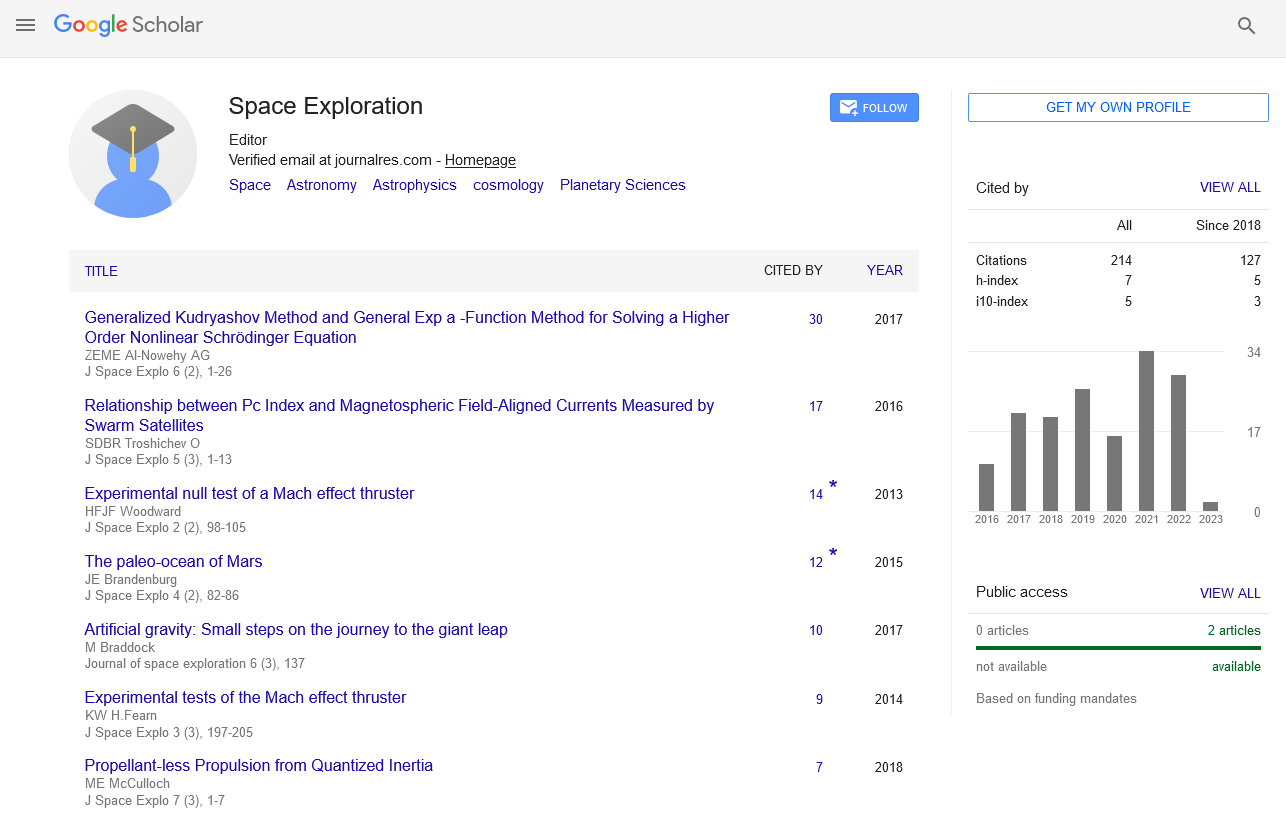Abstract
Utilization of a Fuzzy Inference System to Prevent Measurement Uncertainties in Gas Turbine Engine Fault Diagnosis
Author(s): Daniel RobertsIn this study, a brand-new Takagi-Sugeno-Kang (TSK) fuzzy inference system-based performance-based defect detection and identification (FDI) method for turbofan gas turbine engines is suggested. We employ parameter correction to preprocess the raw measurement data in order to address the issue of changing ambient conditions, which can lessen the complexity of the FDI system. Additionally, the power level angle is configured as a scheduling parameter to lower the TSK-based FDI system's rule count. A component-level turbofan engine model is used to produce the data required for the design, training, and testing phases of the planned FDI strategy. The particle swarm optimization technique and the ridge regression method are used to optimise the antecedent and consequential parameters of the proposed TSK-based FDI system. Then, by fusing a unique fuzzy inference system with the TSK-based FDI system, a resilient structure against measurement biases is suggested. Through in-depth simulation tests, the first-order TSK-based FDI system's and the resilient FDI structure's performances are assessed. Comparative studies support the first-order TSK-based FDI system's advantage in terms of accuracy in fault isolation, identification, and detection. The successful rate index improves by 2% to 8% under rather severe measurement bias settings, demonstrating the robust structure's high resilience against measurement errors. Comprehensive case simulations have demonstrated accuracy against a wide range of bias values and computation time, proving that the suggested resilient structure has favourable online performance.

